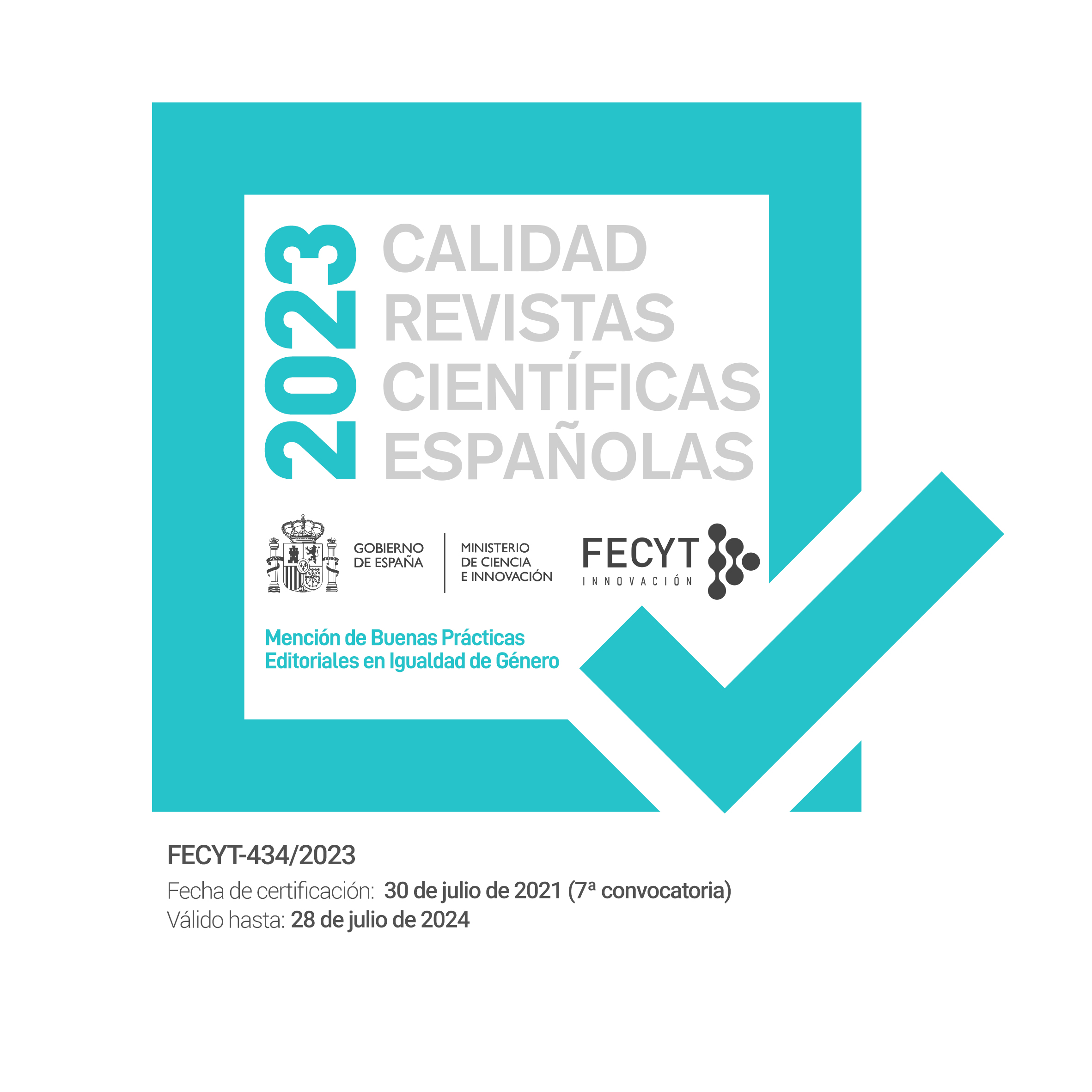The main problems of today’s migration processes in Europe: Migration as a Political Tool
Keywords:
migration, migrants, human rights, migration crisis, European Union, refugee, asylum seekersAbstract
Migration serves as a political instrument in many EU countries now. Especially in recent times, Germany has become a leader in this area. Migration is the cause of xenophobia and racism in Europe. The political movements, mostly, radical right-wing parties, criticizing migration have been making significant progress. In order to come to power, they are covering different areas and sectors. They are not only dealing with a migration problem but also oppose EU mobility and the euro. Their goal is to save their nation as a state. Numbers (by the number of migrants) and words (by value) are viewed as a real threat to security and national identity. There are many who say that a national state in Europe is fading. How close it is to reality is an open issue. It is the beginning of the crisis of capitalism based on liberal values. That is why capitalism has begun to migrate to Europe. Today, Europe is moving to a new stage in the post-industrial era and, therefore, remains in the limiting migration and multicultural society.
Keywords: migration; migrants; human rights; “migration crisis”; European Union; refugee; asylum seekers.
References
Boelt,William. "Цель предстоящего диалога ООН на высоком уровне - увеличение выгод миграции для всех." Нью-Йорк, 2013. [http://www.un.org/ru/ga/68/meetings/migration/pdf/internationalmigrantsworldwidetotals2013.pdf]
Castles, Stephen, and Miller, Mark J. “The Age of Migration: International Population Movements in the Modern World.” Second Edition, Macmillan. London (1998): 15-18.
De Haas, Hein. Migration and Development: A Theoretical Perspective. Working Paper 9 presented for International Migration Institute, James Martin 21st Century School. Oxford, 2008.
Hirschman, Albert O. Exit, Voice, and Loyalty: Responses to Decline in Firms, Organizations, and States. Cambridge, 1990.
Hofmann, Bert. “Bringing Hirschman Back In: Conceptualizing Transnational Migration as a Reconfiguration of ‘Exit’, ‘Voice’, and Loyalty.” GIGA Working Paper 91(2008): 1-21.
Jacobs, Dirk, Delmotte, Florence, and Herman, Barbara. “Political participation for migrants: the MIPEX results.” Legal Frameworks for the Integration of Third-Country Nationals (2009): 219-238.
Lee, Everett S. A Theory of Migration. Cambridge, 1969.
Mangalam, James J. Human Migration: A Guide to Migration Literature in English 1955-1962. Lexington, 1968.
Migrációkutató, Intézet. “Migration as an instrument of foreign policy.” Migration research Institute 2017 [https://www.migraciokutato.hu/en/2017/09/20/3156/.]
Nachmais, Nitza, and Goldstein, Rami. The Politics of Forced Migration: A Conceptual, Operation and Legal Analysis. Baltimore, 2004.
Премьер Баварии предложил остановить миграцию с Ближнего Востока // Актуально в Германии: rusverlag.de.11.10.2010.
[http://www.rusverlag.de/2010/10/11/1193/horst-seehofer.html]
United Nations. “International Migration Report 2017.Highlights.” Department of Economic and Social Affairs, New York 2017. [http://www.un.org/en/development/desa/population/migration/publications/migrationreport/docs/MigrationReport2017_Highlights.pdf]
United Nations. “International Migration Report 2013. Population Division.” Department of Economic and Social Affairs
[https://esa.un.org/unmigration/documents%5Cworldmigration%5C2013%5CChapter3.pdf.]









